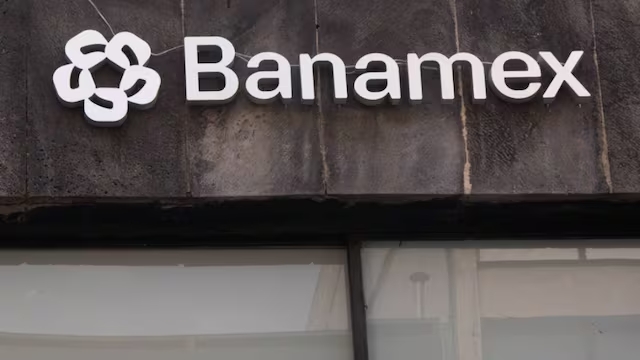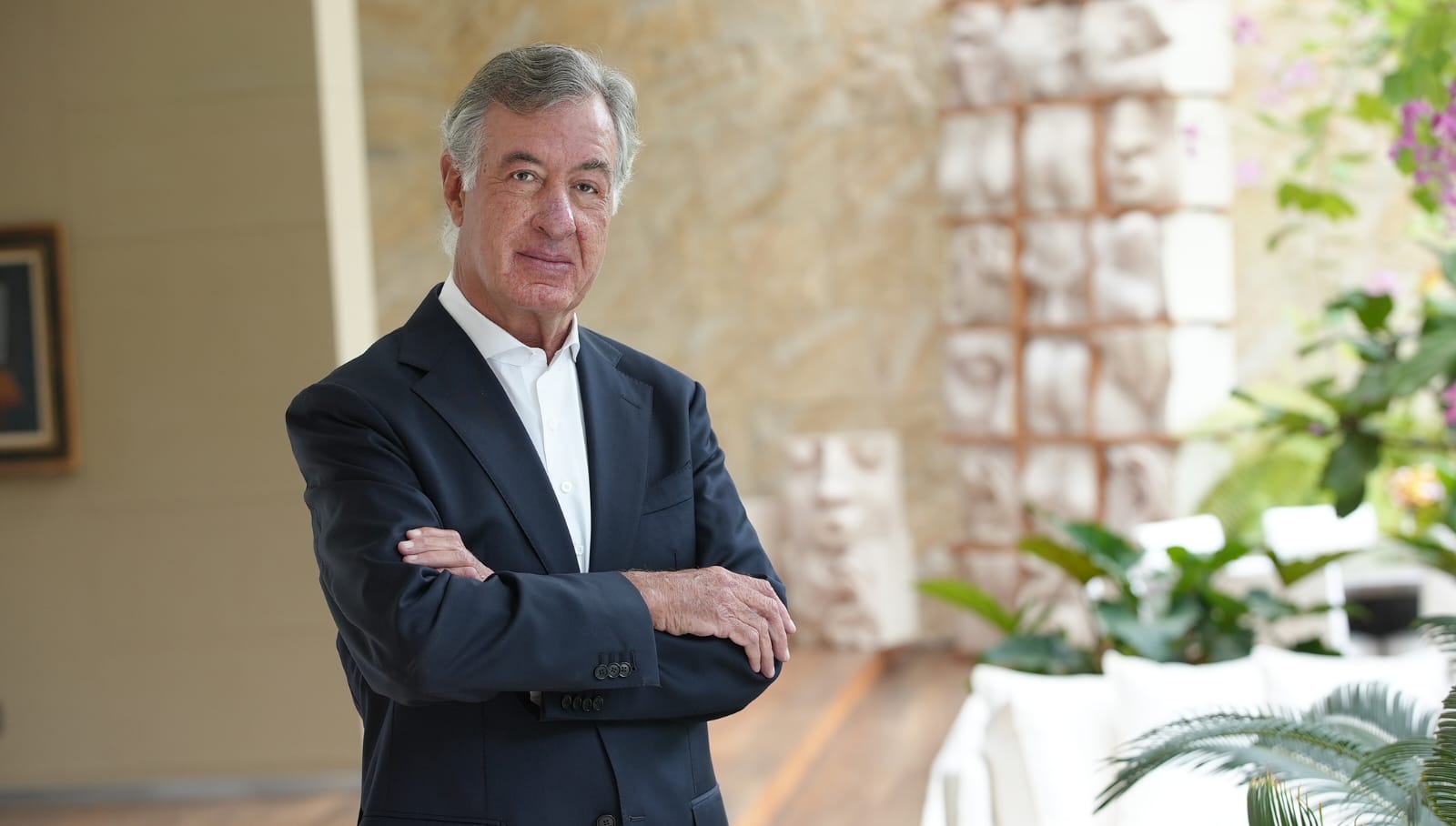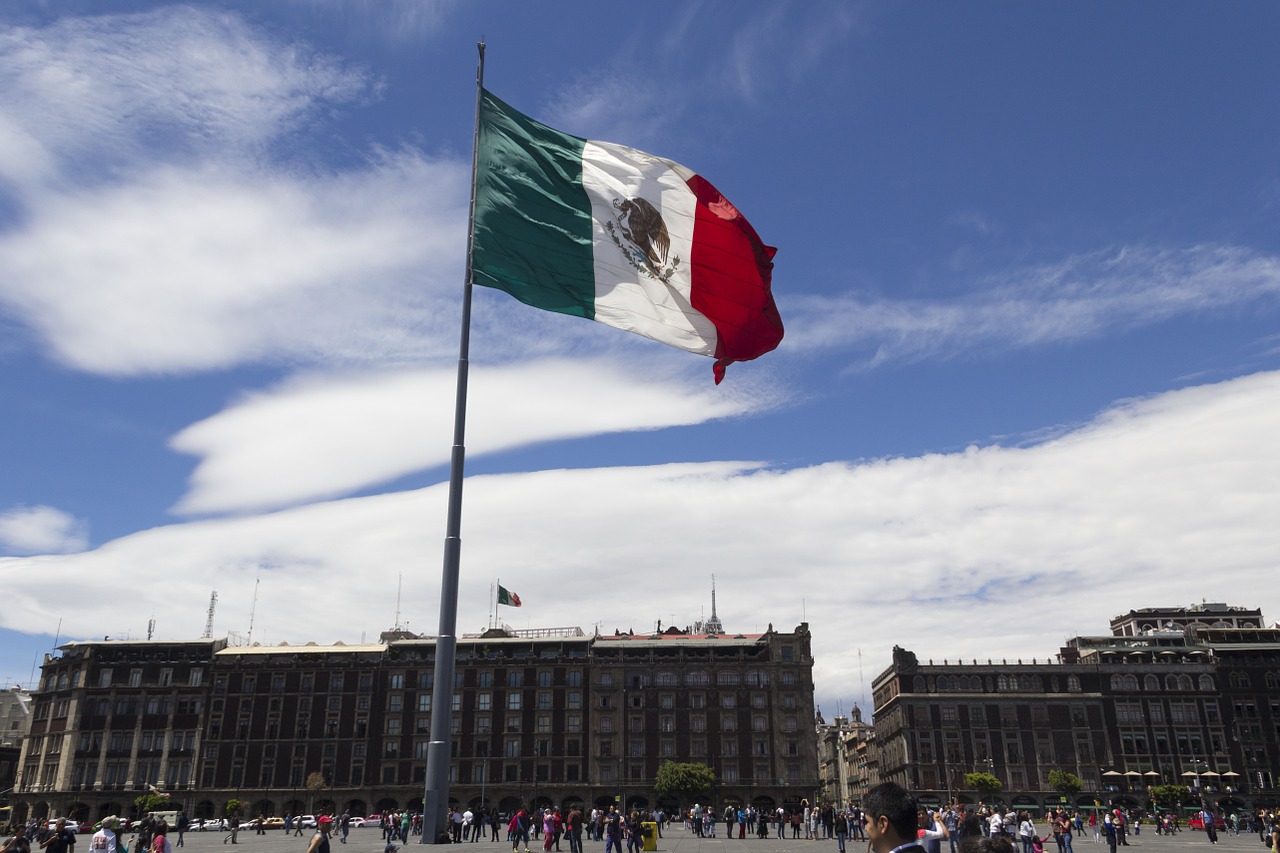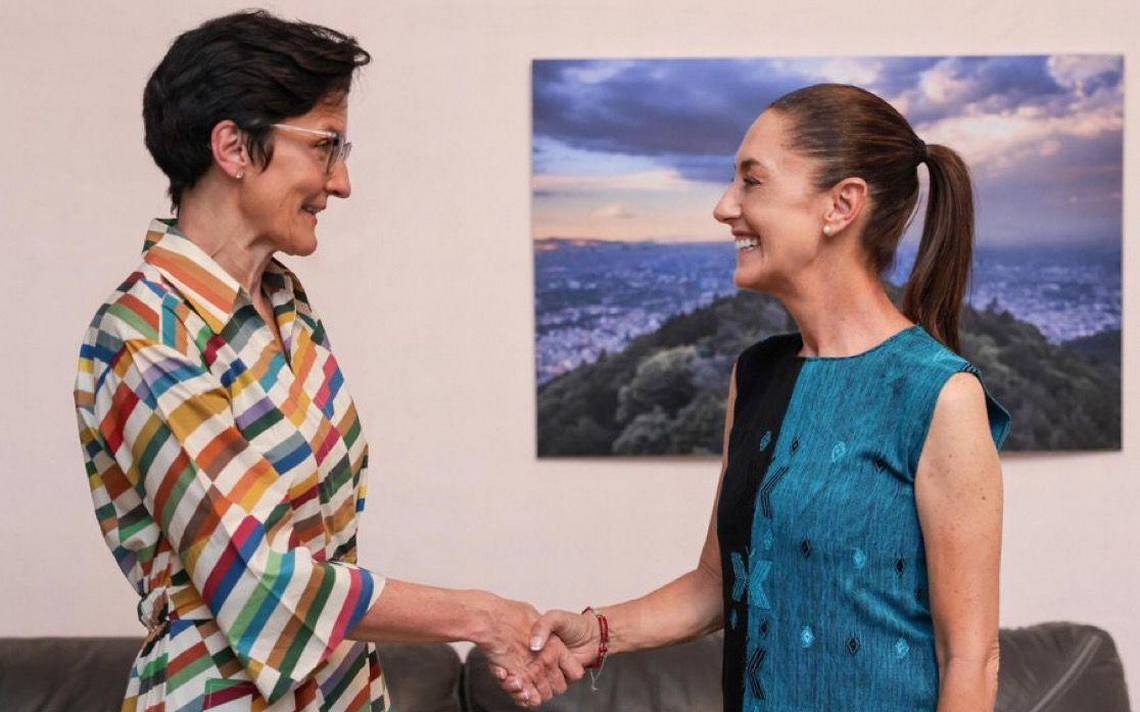If the valuations are accurate, the exact current value of Banamex should be around 9.2 billion dollars.
This figure is lower than the 12.5 billion dollars paid in 2001 for the Mexican bank. At the time, there was no shortage of analysts who claimed it had been an expensive purchase; today, the numbers and poor management seem to prove them right.
Grupo México explained that its offer ultimately aims to keep the bank in Mexico and preserve its structure and clients. Without providing many numerical details, it indicated that it would respect the valuation at which businessman Fernando Chico Pardo acquired 25% of the shares.
The sale of Banamex by Citigroup seemed to be a smooth process that would finally bring certainty to shareholders, employees, and the market in general about the fate of the historic Mexican bank, considered one of the jewels of the country’s banking system. Everything pointed that way until the afternoon and evening of Friday, October 3. Grupo México, led by the second-wealthiest man in Mexico and Latin America, announced that it had made an offer to Citi to acquire 100% of Banamex.
September 24: Everything Seemed Settled
Just on September 24, a surprising financial announcement positively shook the Mexican market: businessman Fernando Chico Pardo announced, along with Citigroup through Ernesto Torres Cantú, International Director of the U.S. bank, the sale of 25% of Banamex’s shares for an equivalent of 42 billion pesos, that is, 2.3 billion dollars, which valued the bank at a total of 9.2 billion dollars.
The transaction still needed to meet the corresponding regulatory requirements and was expected to close in the second half of 2026, although both parties expressed optimism, noting they had the approval of the Mexican government since the operation had been previously discussed with the relevant authorities and even with President Claudia Sheinbaum.
In a subsequent press conference, Torres Cantú noted that although Citigroup was willing to sell more shares of Banamex, the buyers would be very minority investors, as the reference shareholder would be Fernando Chico Pardo.
Up to that point, everything indicated a smooth sale process for Banamex, pending the IPO planned for sometime in late 2025 or the first half of 2026, as well as the arrival of new investors.
But that Friday evening, another announcement reminded everyone that the sale of Banamex has always been a controversial process, full of uncertainty and even risks for the country’s banking system. This is the story.
Grupo México Strikes Back, Offers to Buy 100% of Banamex
Grupo México, led by Germán Larrea Mota-Velasco, the second-wealthiest man in Mexico and Latin America, with a personal fortune estimated at around 55.4 billion dollars according to Forbes, presented its offer stating that its terms are “more attractive” for Citi and that the transaction, if completed, would ensure that the entity remains part of a majority Mexican group.
Without providing many numerical details, the company suggested it would respect the valuation at which businessman Fernando Chico Pardo acquired 25% of the shares, that is, a total value of 9.2 billion dollars.
Since Chico Pardo apparently would have no problem retaining 25% of Banamex, Grupo México could acquire the remaining 75%, as despite its offer being for 100%, it also expressed willingness to keep Chico Pardo as a minority investor. This would mean a disbursement of approximately 6.9 billion dollars for the remaining 75% of the bank’s shares.
Citi Says It Has Not Received Another Offer
Citigroup immediately responded to Grupo México’s announcement, stating in a Friday night press release that the only bidder it had a deal with was Chico Pardo.
“The agreement we announced last week with Fernando Chico Pardo and our proposed IPO remains our preferred path to achieving that outcome. So far, we have not received an offer. If Grupo México presents an offer, of course, we will review it responsibly and consider, among other risk factors, the ability to obtain the required regulatory approvals and the certainty of closing a proposed transaction,” said Citi.
In any case, Grupo México’s announcement is by no means a joke. Analysts noted that by the early hours of Monday—or perhaps over the weekend—Citi would likely have Grupo México’s official proposal on the table. A new period of uncertainty now begins regarding the fate of the iconic Mexican bank; once again, its sale is filled with controversy.
The Multi-Billion-Dollar Sale to Citi
Citibank will sell Banamex—whether to Fernando Chico Pardo and a multitude of investors (possibly including an eventual IPO), to Grupo México, or to some combination of all of them—for less than 10 billion dollars. If the valuations are accurate, the exact current value of Banamex should be around 9.2 billion dollars.
This figure is lower than the 12.5 billion dollars Citigroup paid for the Mexican bank 24 years ago. At the time, there was no shortage of analysts who claimed it had overpaid; today, the numbers and poor management seem to prove them right.
Banamex has been losing relevance in the Mexican market over the past 20 years. When it was acquired by Citigroup, it was ranked second or third in the system, depending on the source consulted. Today, it remains within the top 10 banks in the country but far from the top spots, which belong to BBVA, Banorte, and Santander.
A second group includes banks such as Scotiabank, HSBC, Banamex, Inbursa, Banco del Bajío, BanCoppel, and Banco Azteca. It is a fact that Banamex will be sold for at least 2.5 billion dollars less than what it cost Citigroup 24 years ago—a multi-billion-dollar operation that today reflects no added value for the bank or its former buyer.
Despite all this, Banamex remains a highly coveted bank by both domestic and foreign players—even by the Mexican government, which at one point considered the possibility of turning it once again into a state-owned entity.
Mexican Government Blocked Sale to Foreigners and Tried to Buy Banamex
In January 2022, after Citi’s announcement, the government of then-President Andrés Manuel López Obrador clearly and firmly stated that it would not authorize the sale of the bank to a foreign institution. This abruptly eliminated the intentions of global players like BBVA, HSBC, and Scotiabank to bid for the bank’s shares—or even of large funds like BlackRock, which had hinted at an interest in adding the bank to its business portfolio.
Later, the president himself placed an offer on Citi’s table to acquire Banamex’s shares, which would have returned it to what it once was, along with virtually the entire commercial banking system: a national credit institution, i.e., state-owned.
The idea caused a stir but also generated uncertainty and nervousness in the market. However, the Mexican government withdrew months later, and Citigroup announced it would entertain offers for the sale of Banamex. The country’s major capital holders readied their checkbooks—but something happened.
Carlos Slim and Germán Larrea: Two Tycoons, Two Withdrawals
The two biggest businessmen in the country and Latin America, Carlos Slim and Germán Larrea, ranked first and second on the wealth list, also expressed interest in Banamex.
In Slim’s case, all that became known when he withdrew from the acquisition of Banamex via his banking group Inbursa was that he apparently considered the price too high.
Germán Larrea, owner of Grupo México, was reportedly blocked by the Mexican government itself due to his then-obvious antagonism with President López Obrador. This is the second time Grupo México, and consequently Larrea, has expressed interest in Banamex, but it is currently unclear what the relationship with President Claudia Sheinbaum is like.
In Summary
The sale of Banamex has once again been put in check. For analysts closely following the matter, five key points stand out:
Citi said it has not received a formal offer from Grupo México, but it is certain that it either has it already or will receive it soon.
The offer from Grupo México (Germán Larrea) apparently does not differ much from the valuation through which businessman Fernando Chico Pardo acquired 25% of the Mexican bank’s shares.
Citi has already said it will review a potential offer from Grupo México—meaning it is not closing the door to a deal.
Fernando Chico Pardo’s position is still unknown; he has said nothing following Grupo México’s announcement. It will be important to know whether he would be willing to accept a minority stake. Clearly, he has been placed in an uncomfortable position, even though Citi stated on Friday that the deal with this businessman remained the only and most important one.
Whatever happens, the key factor will be the Mexican government’s authorization of Banamex’s sale—no matter who it is sold to or how. It will be essential for both Citi and the buyer(s) to have the government’s approval before making any announcement. Otherwise, uncertainty surrounding Banamex will only grow.
Thus, another chapter is written in the sale of Banamex—one that seems to grow more complicated by the moment, while its rivals continue to gain ground in a highly competitive market, and other tech-financial players also keep claiming larger shares of Mexico’s banking pie.



